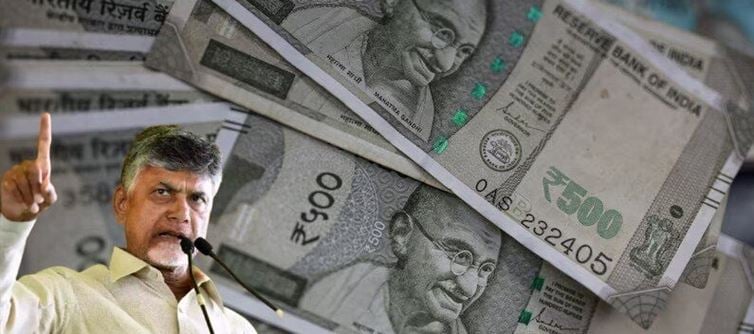
However, history casts a long shadow over such policies. The 2016 demonetization, although initially praised for its ambition, ultimately drew criticism for its execution and impact. A 2018 report by the reserve bank of india revealed that 99.3% of the demonetized currency returned to the banking system, suggesting that black money was either not significantly held in cash or had already been laundered. Meanwhile, the economic disruption was real — GDP growth slumped from 8% in 2016 to 6.1% in 2017, and informal sector workers were among the hardest hit. If Naidu's proposal were to be seriously considered by the central government, it would likely reignite debates over whether demonetization-style tactics truly address systemic corruption or merely create short-term shocks without meaningful structural gains.
Naidu’s push for financial reform, however, aligns with his larger vision for transforming Andhra Pradesh’s economic landscape. His 2024–2029 Industrial Development Policy 4.0 aims to attract ₹30 lakh crore in investments and create 5 lakh jobs, signaling an aggressive push toward industrialization and wallet PLATFORM' target='_blank' title='digital-Latest Updates, Photos, Videos are a click away, CLICK NOW'>digital transformation. Seen in this light, the proposal to ban ₹500 notes could be interpreted as part of a broader effort to formalize the economy and increase transparency in business transactions. Still, given past missteps — including the stalled amaravati capital project and earlier financial setbacks — Naidu must tread carefully. Bold policy gestures must be paired with clear planning and public communication to avoid repeating the unintended consequences of India’s previous demonetization experiment.




 click and follow Indiaherald WhatsApp channel
click and follow Indiaherald WhatsApp channel